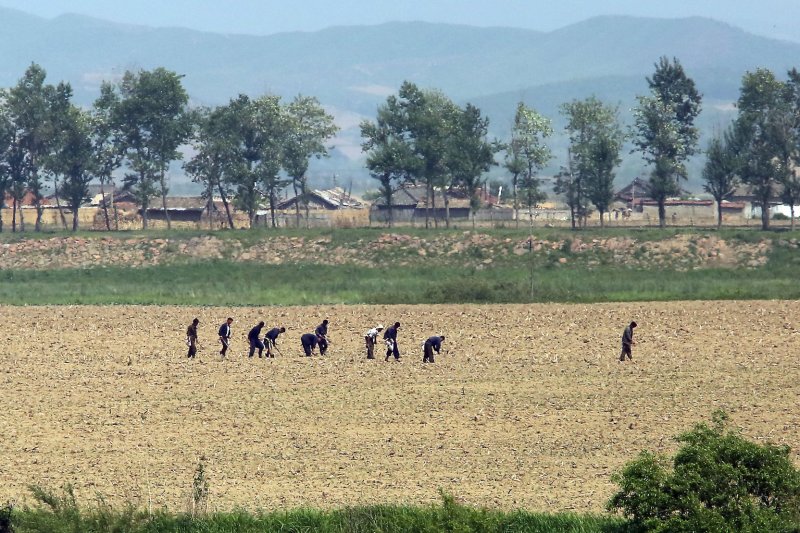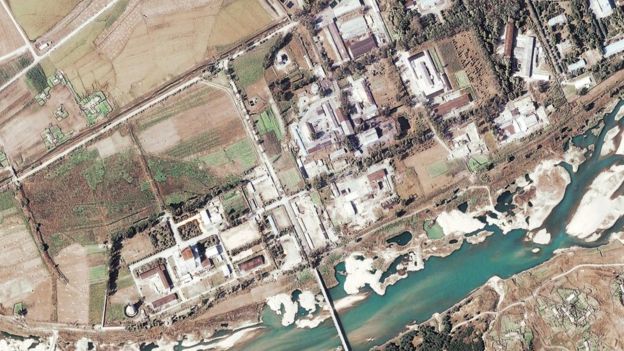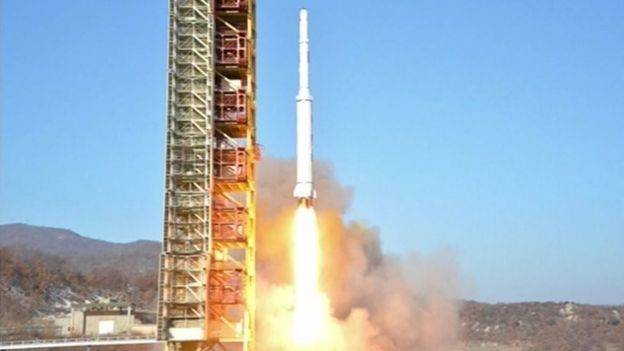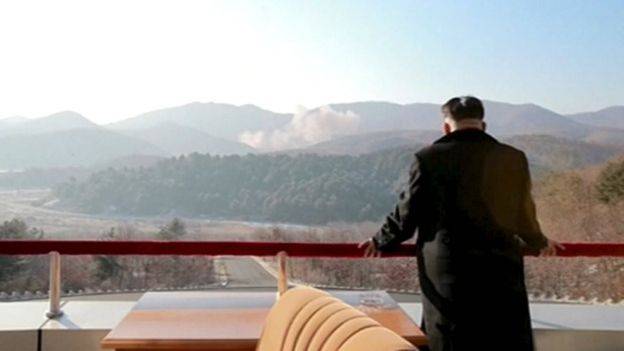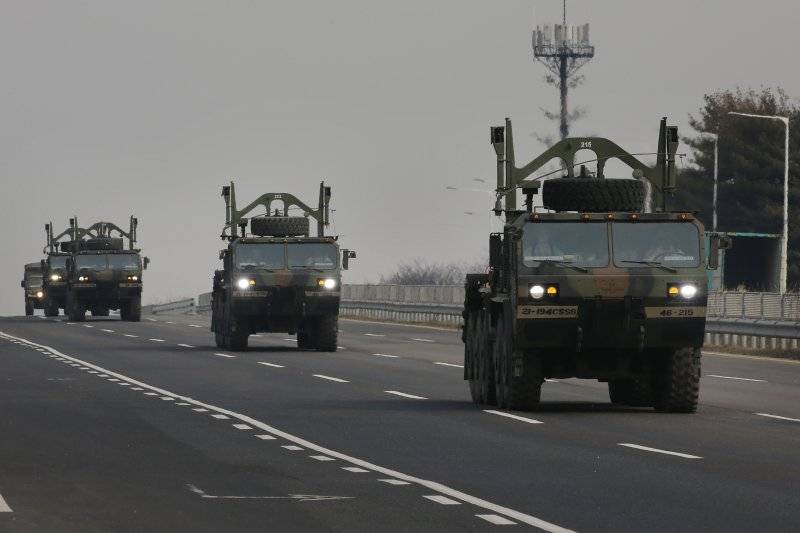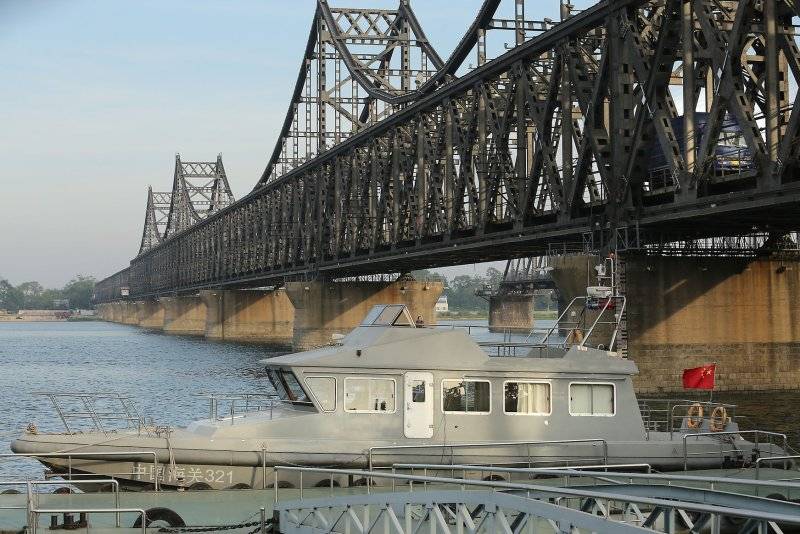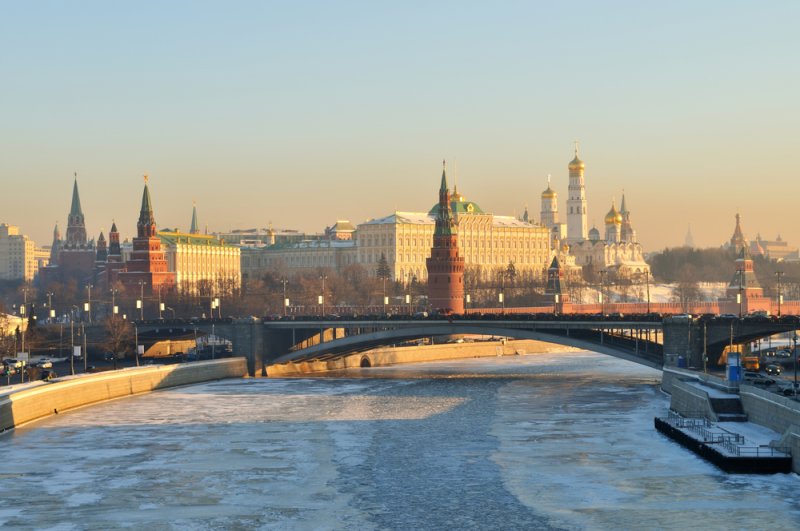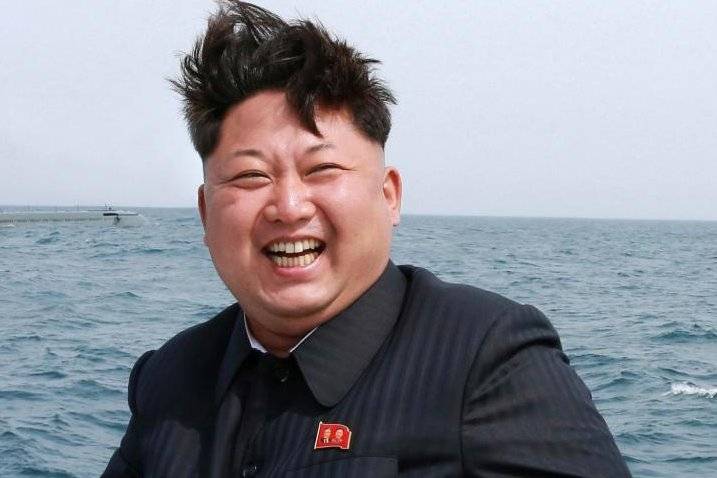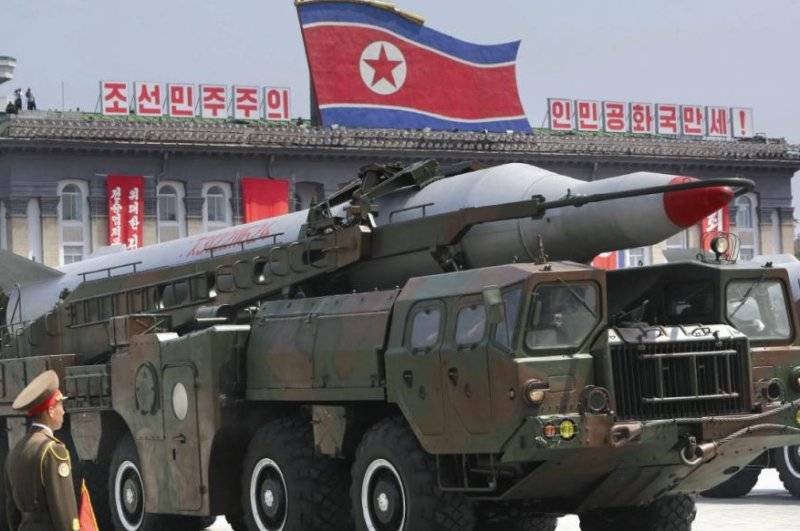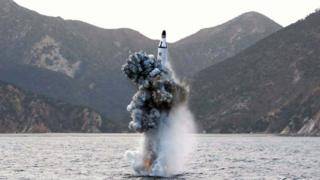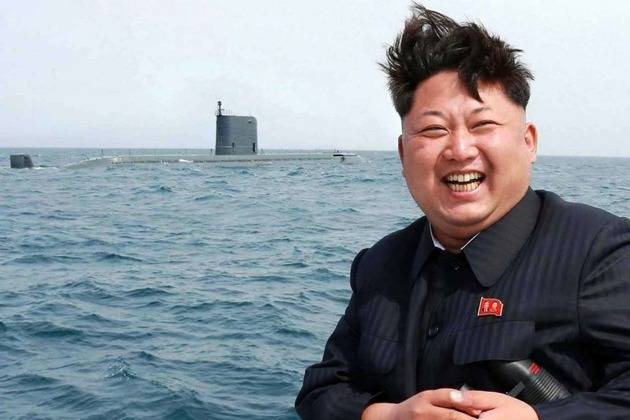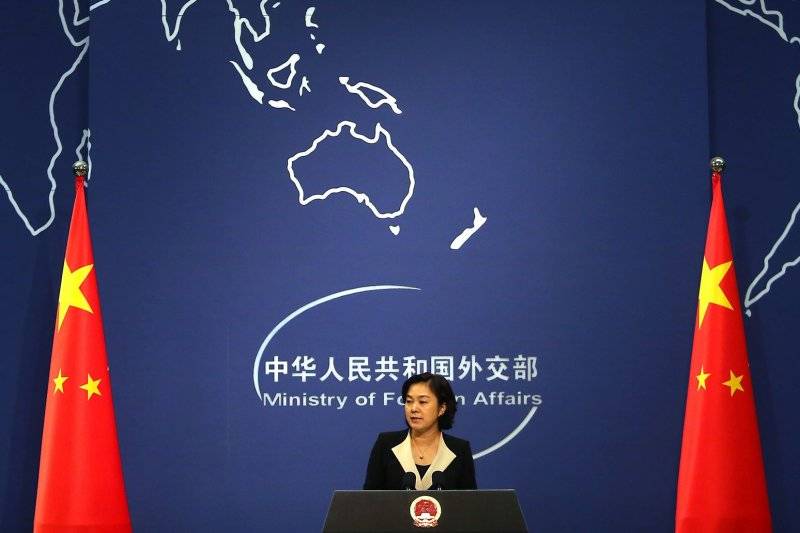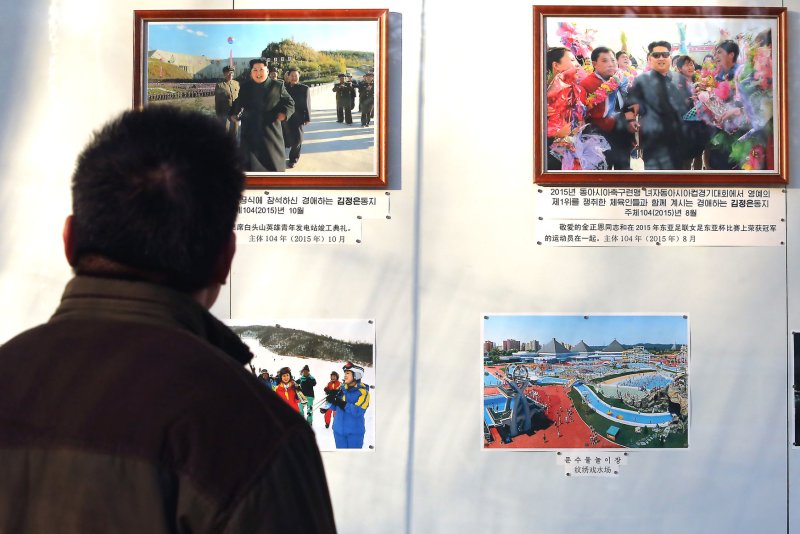Vigilante
Diamond Member
- Banned
- #1
I have no doubt that is what's happening, especially that small bomb just exploded!
American Thinker ^ | January 18, 2016 | Amil Imani and James Hyde
We believe, based on comments made by two remarkable experts on this subject, Dr. Peter Pry of emptaskforce.org and Ambassador Hank Cooper of highfrontier.com, the latter of whom worked in the Reagan Administration, that Iran already has the bomb and is working on figuring out how to get it into a vehicle and send it our way. It will not, however deliver annihilation to any single city or cities in the conventional sense. That would be pointless, futile and suicidal. Instead, working together with North Korea, they will seek to take out our electric infrastructure and anything electronic via satellites...
American Thinker ^ | January 18, 2016 | Amil Imani and James Hyde
We believe, based on comments made by two remarkable experts on this subject, Dr. Peter Pry of emptaskforce.org and Ambassador Hank Cooper of highfrontier.com, the latter of whom worked in the Reagan Administration, that Iran already has the bomb and is working on figuring out how to get it into a vehicle and send it our way. It will not, however deliver annihilation to any single city or cities in the conventional sense. That would be pointless, futile and suicidal. Instead, working together with North Korea, they will seek to take out our electric infrastructure and anything electronic via satellites...


